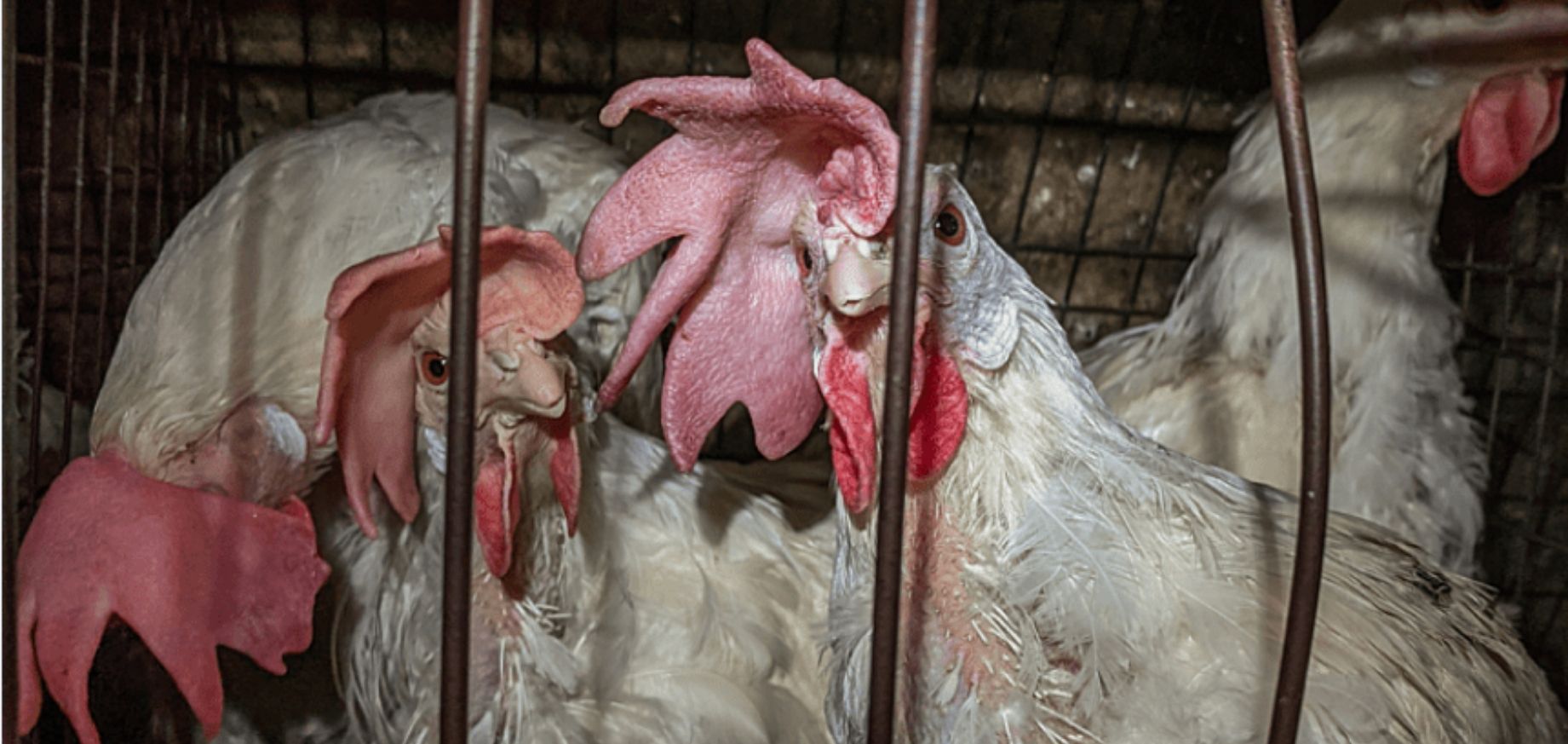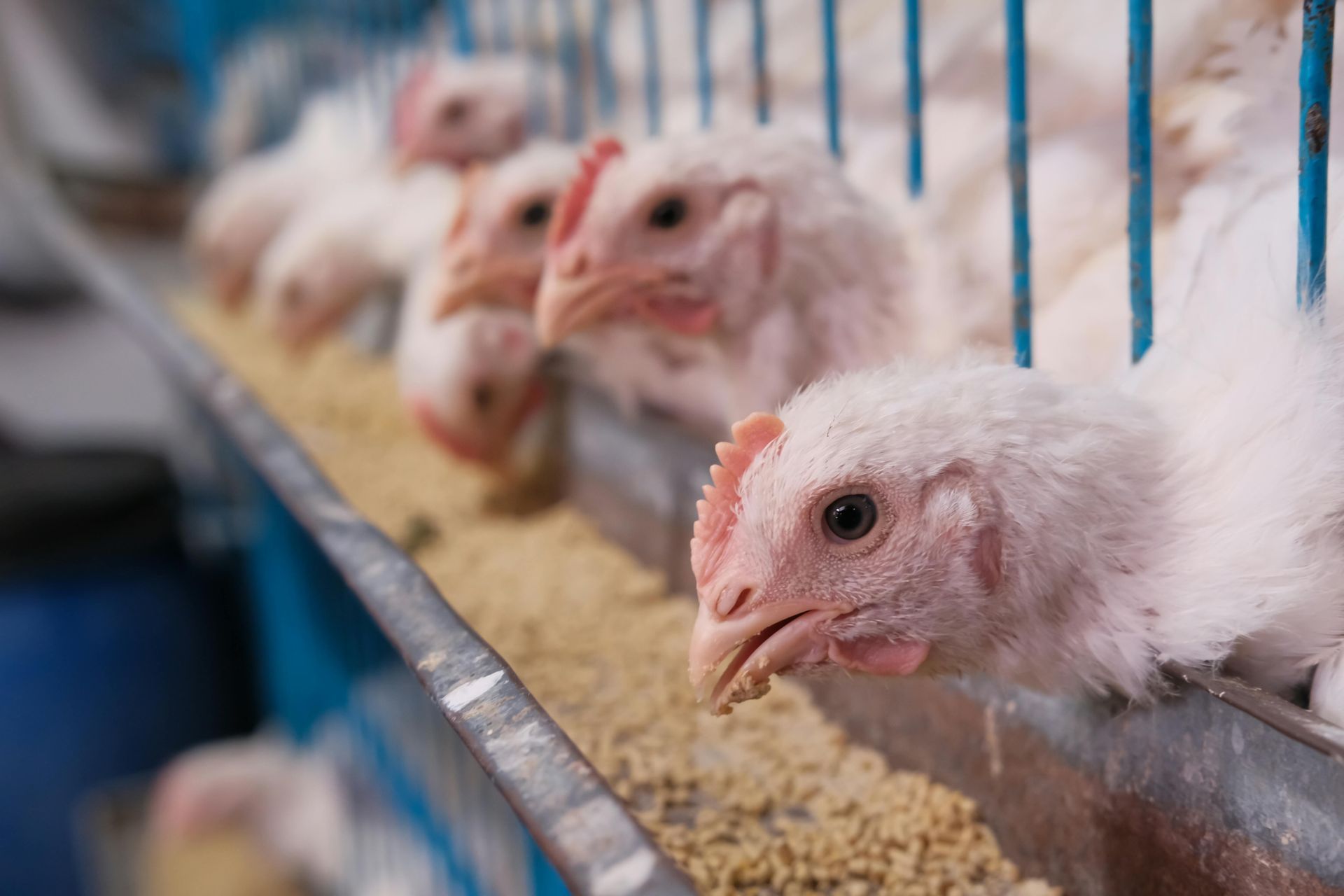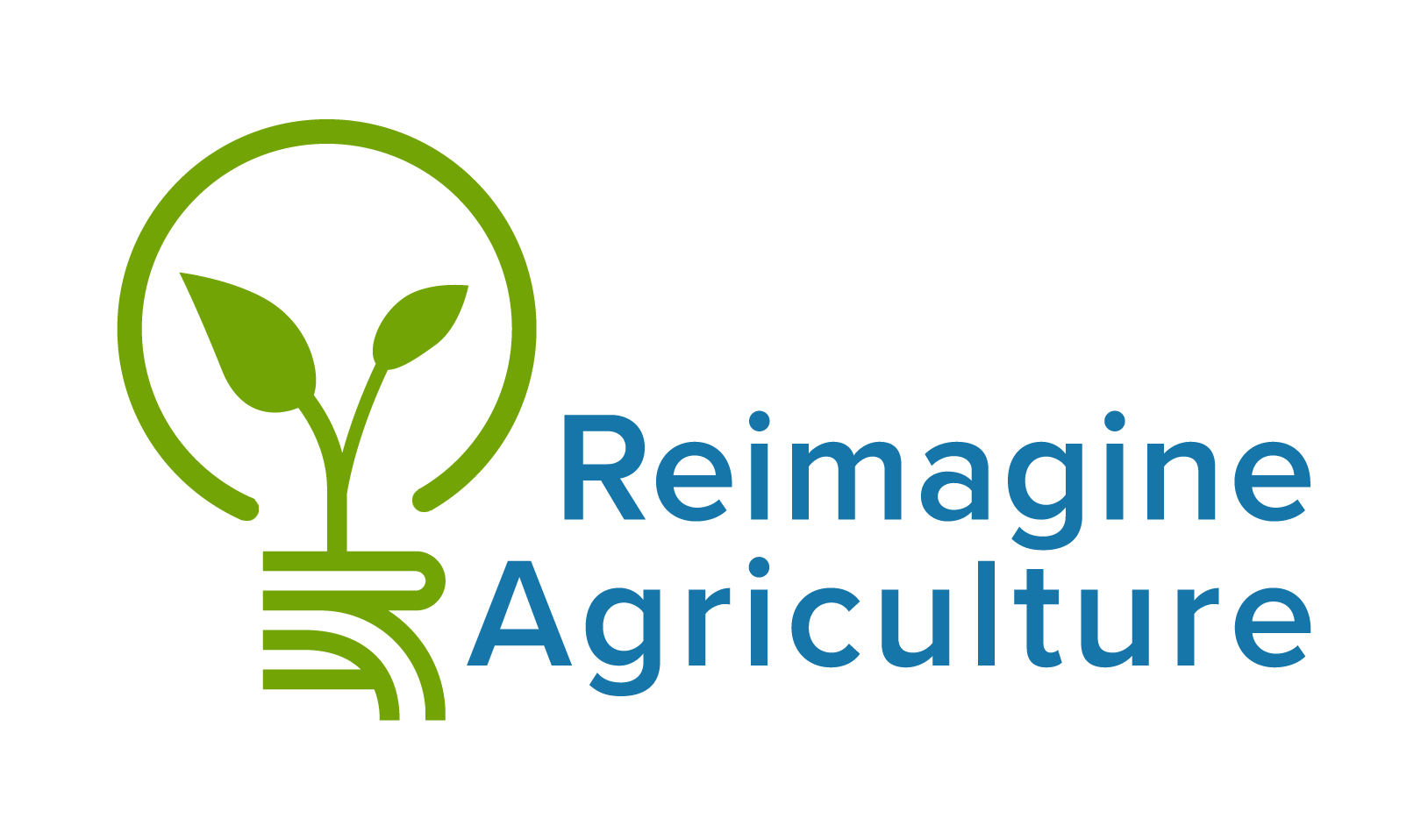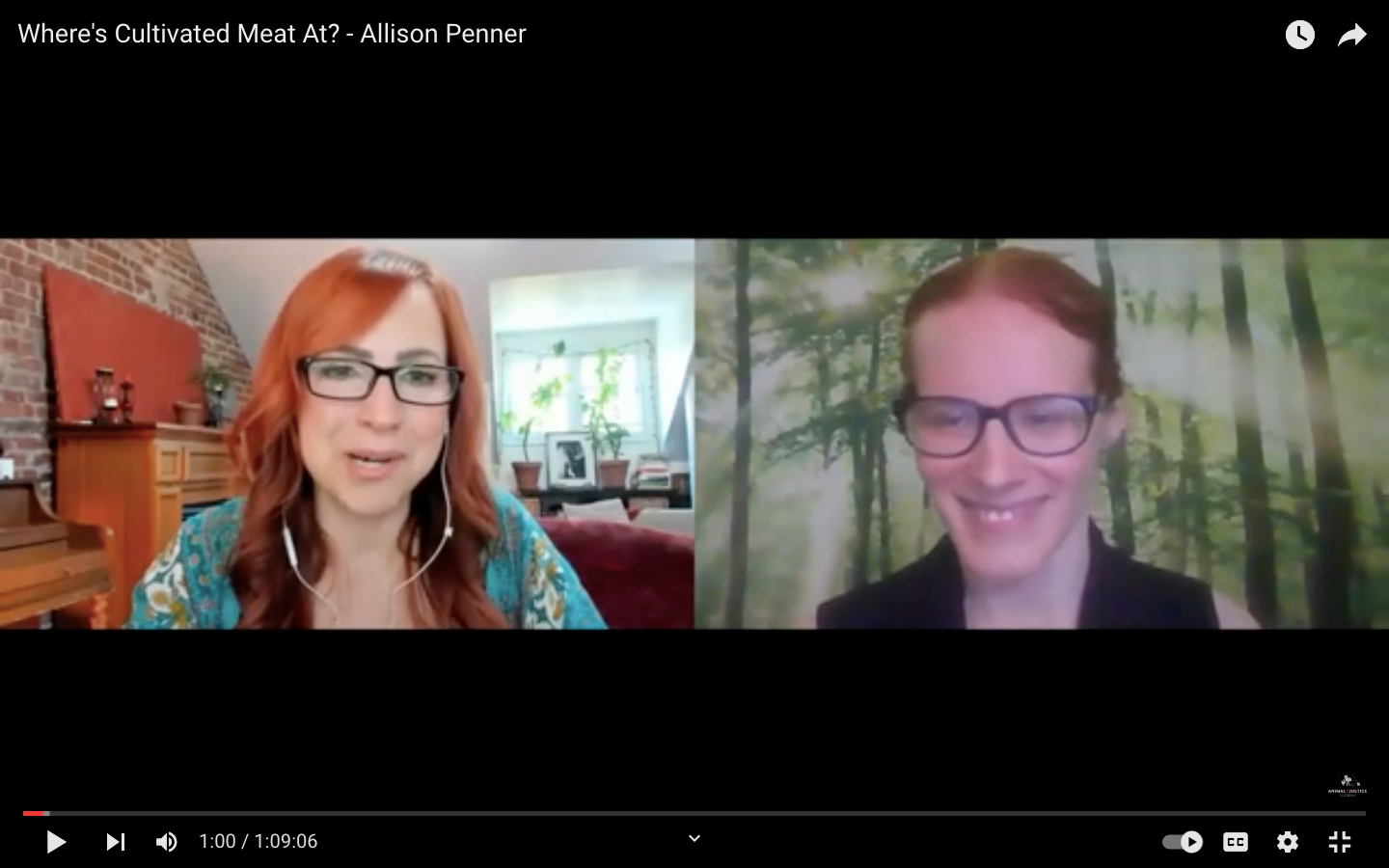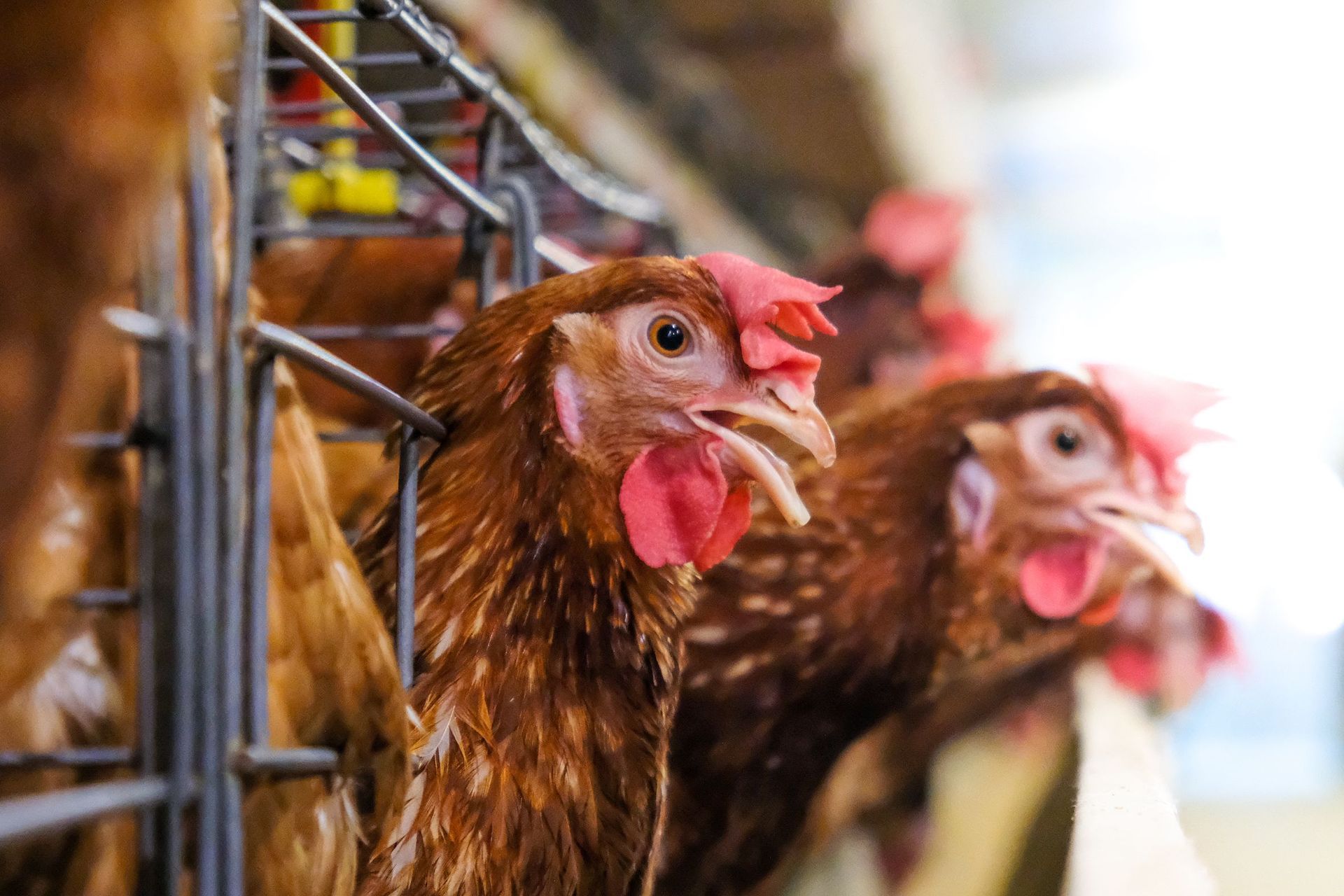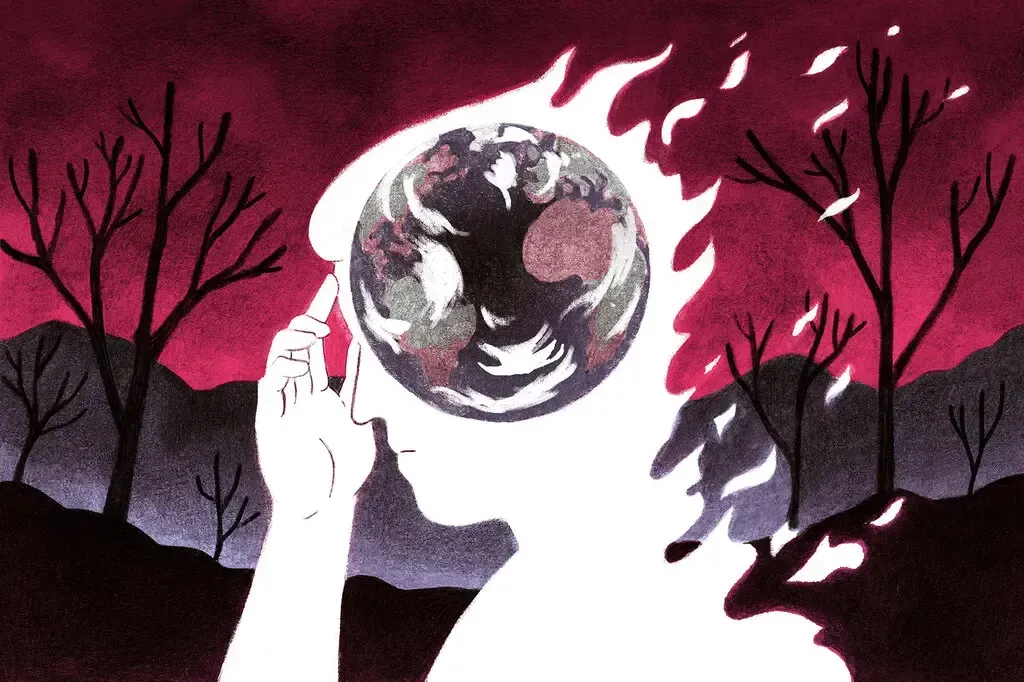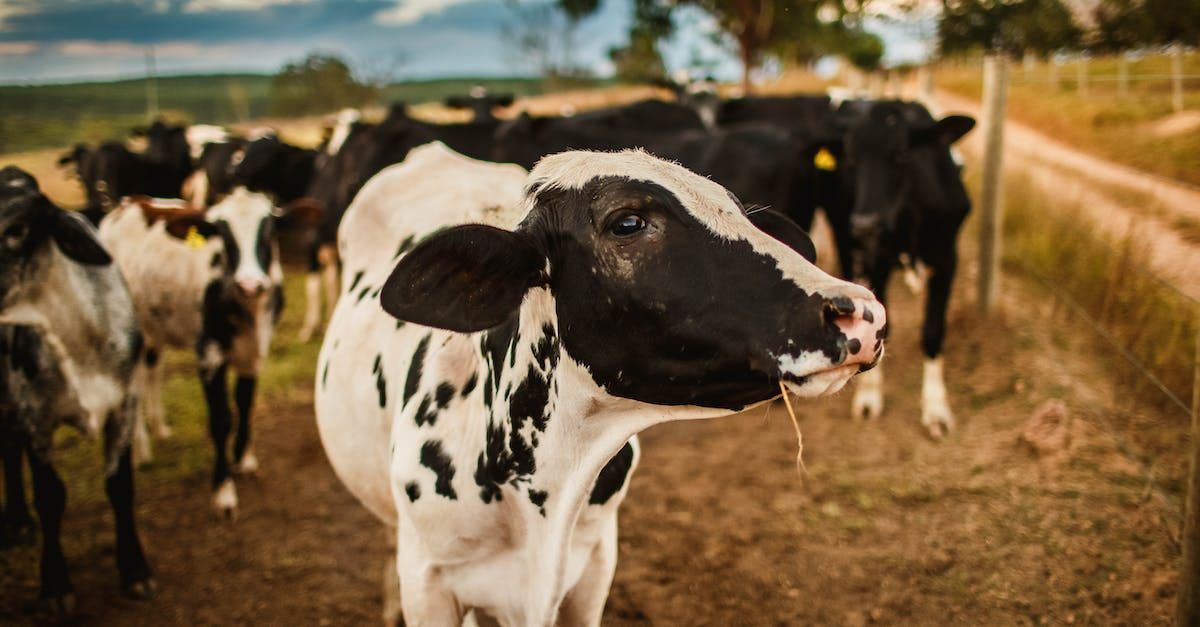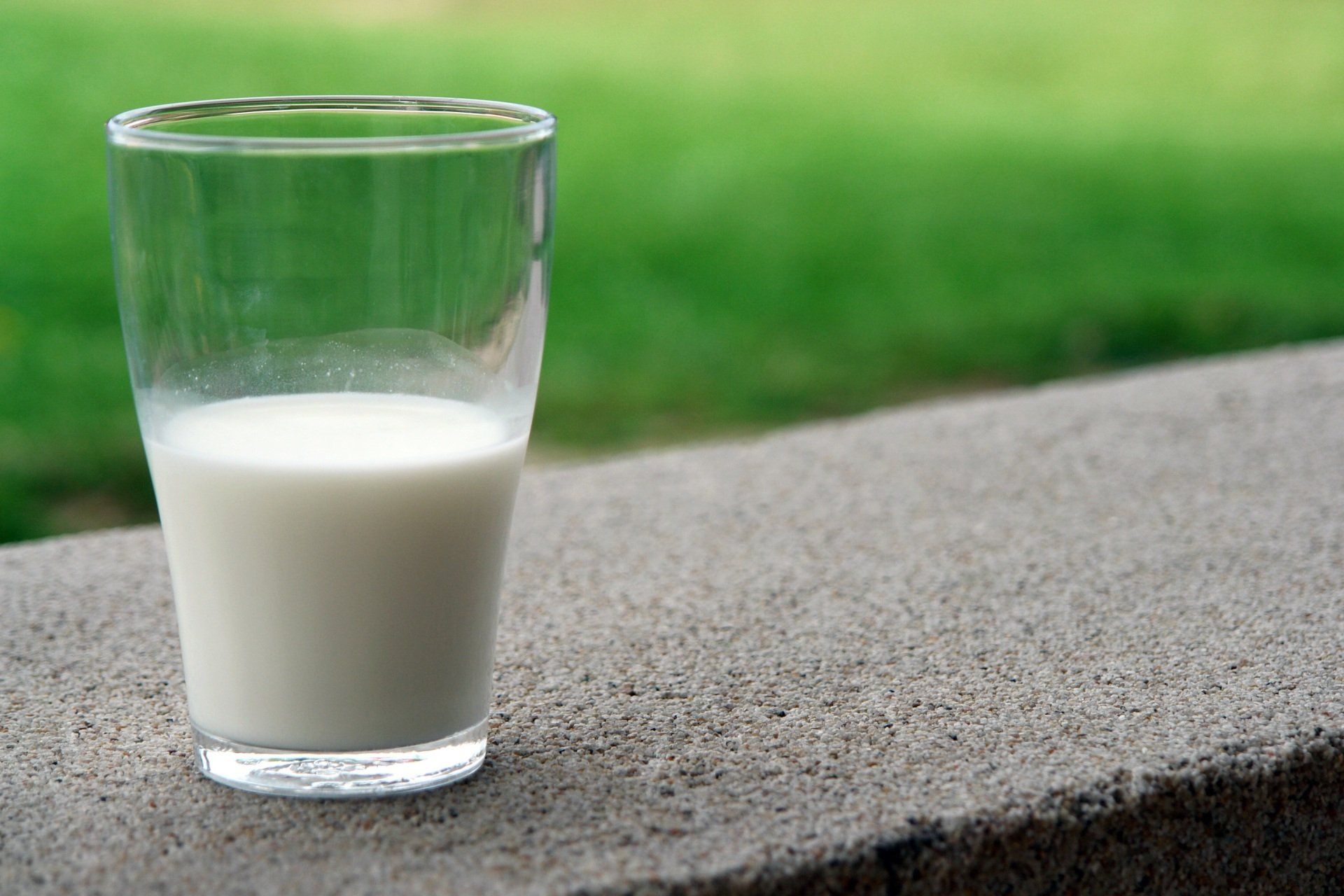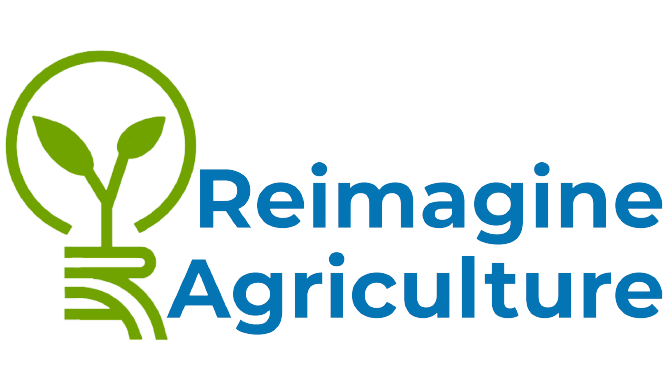Your Animal Agriculture Questions Answered
What to Learn More About Animal Agriculture and Its Impacts?
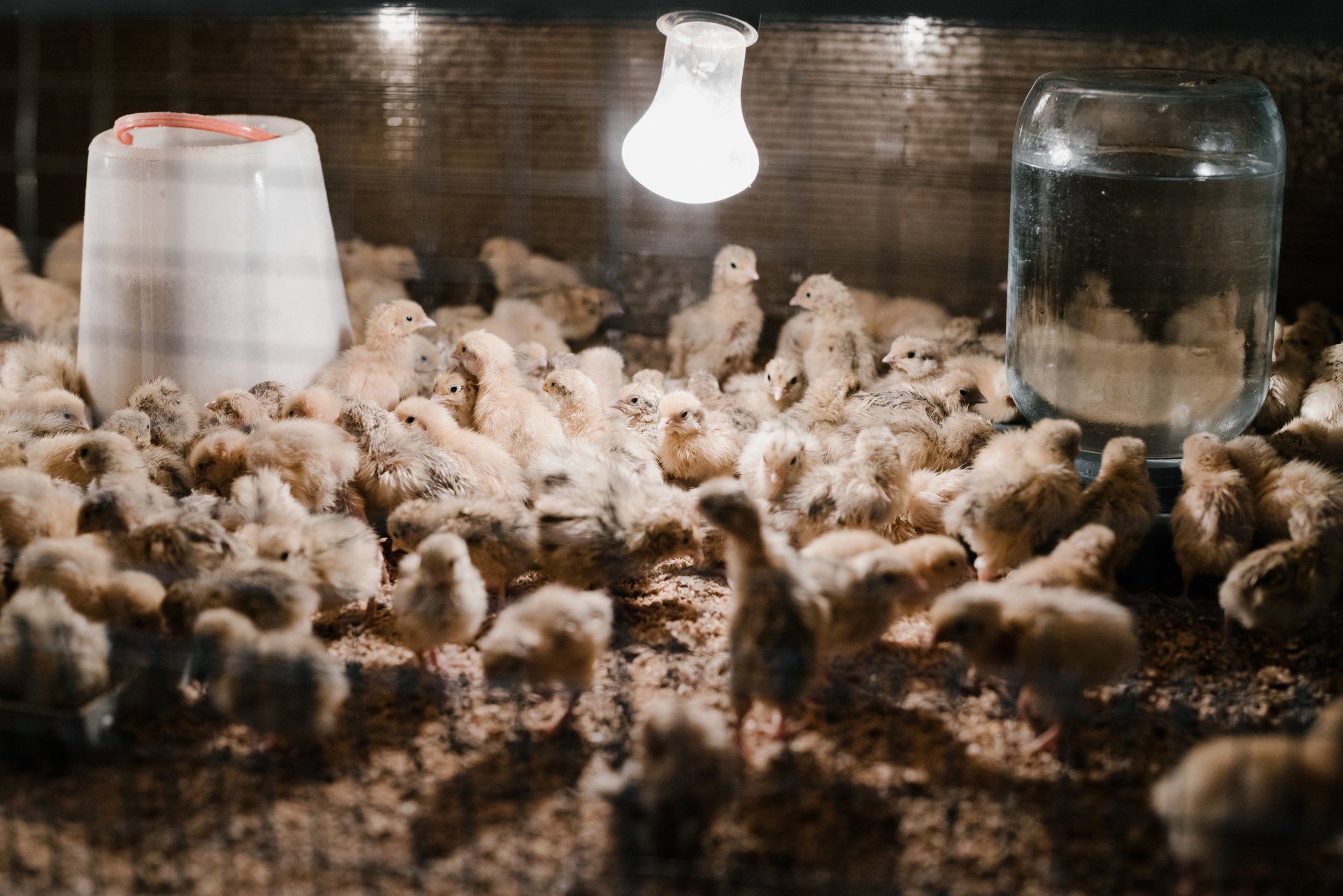
How does AA contribute to climate change?
Animal agriculture affects the global climate in several important ways. You’ve probably heard the jokes about cow farts and methane, and while the digestive processes of cows are a significant source of emissions but the issue goes beyond that (and truthfully, most of those cow emissions A.K.A. enteric fermentation come from burps, not farts). Aside from the emissions that animals emit directly, there is a mountain of manure that also emits greenhouse gases like Nitrous Oxide (N2O) and methane (CH4). Less talked about, is the emissions (or loss of CO2 absorption potential) from the burning of forests for grazing pasture (more on this below). Animal agriculture also requires a staggering amount of grains, corn production, and other feed to help the animals grow. This ‘feed production requires a huge amount of land use in its own right, along with artificially made fertilizers. The 100 million tons of fertilizer needed to grow the feed accounts for 2% of global energy use each year, most of which comes from fossil fuels.
Is AA the biggest polluter / worse than transport?
In Canada, emissions from agriculture (both animal agriculture and crops) account for 10% of the country’s emissions. In terms of GHG emissions, the worst economic sectors are the oil and gas and transportation sectors, each of which accounts for approximately 25% of Canada’s yearly emissions. If we zoom out to a global lens of animal agriculture’s climate impact, the story shifts somewhat. The animal agriculture sector is the second largest contributor to anthropogenic climate emissions. A complete worldwide phaseout of animal agriculture would have a huge impact on climate change and pollution levels. A complete phaseout would of course create massive ripple effects in global trade patterns, food security, and livelihoods. But if we assume that this phaseout could occur rapidly, the levels of carbon dioxide, nitrous oxide, and methane removed from our global yearly emissions could stabilize climate emissions for 30 years and would represent half of the emissions reductions we would need to make to reach the COP26 goal to keep warming below 2 degrees of warming.
Is AA the leading cause of deforestation?
Animal Agriculture - especially beef production - is the largest source of deforestation worldwide. Accounting for 41% of deforestation, clear-cutting or burning forests for beef production is the number one cause of deforestation worldwide. On average, 2.1 million hectares of forests are destroyed each year for cattle grazing and pasture land - that’s half the size of the Netherlands!
Is AA declining?
In 2019 and 2020, meat consumption (a decent indicator of overall animal agriculture, which includes eggs, dairy, and other animal products)
declined by about 3%. This is a more significant decrease in consumption than the world has seen in over 6 decades. While this is encouraging, It is no coincidence that this decline coincided with the Covid-19 pandemic. Systems of logistics and trade were impacted by global business shutdowns and were likely a large influencing factor in this overall decline. While some are optimistic that these declines represent a shift in diets and a “post-peak-meat” world, others project that this is a blip in the trend and that animal agriculture will
continue to increase in the coming years.
